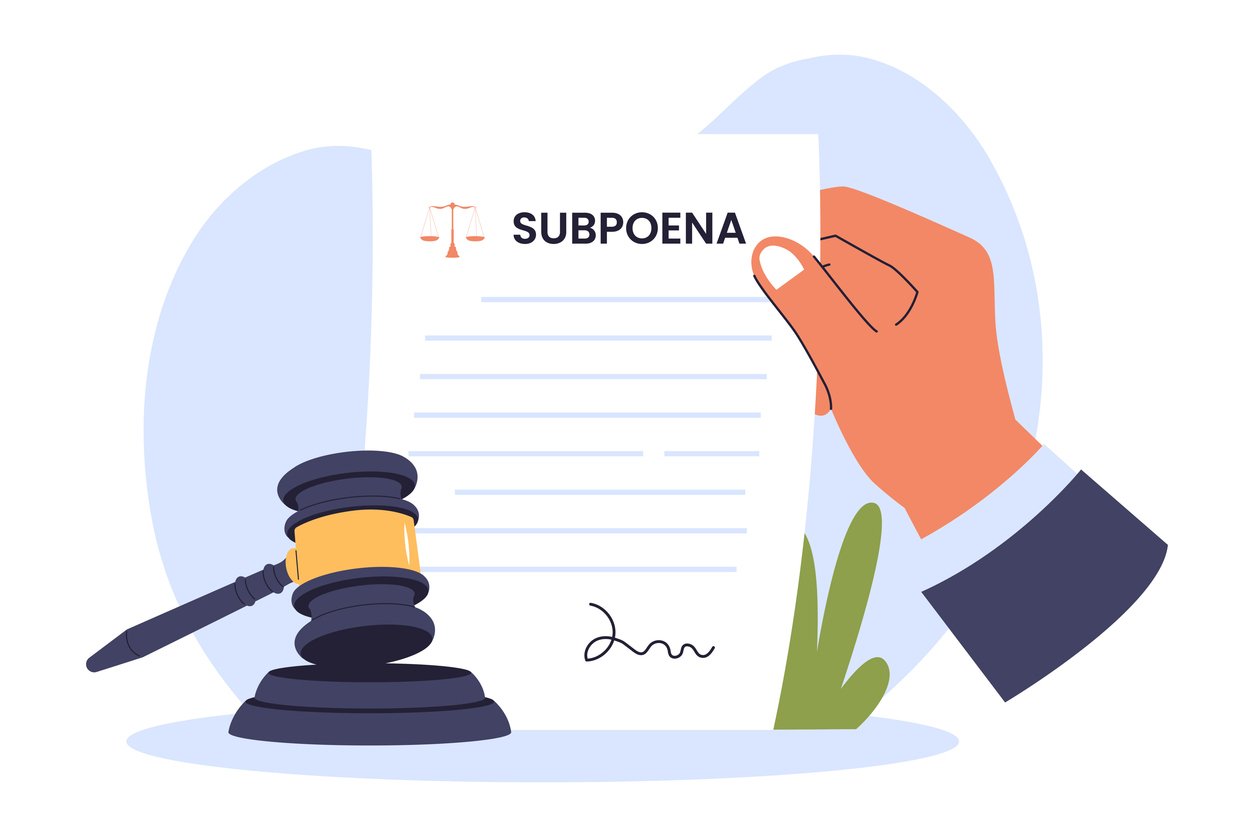 For artists, securing a personal manager is a crucial step in advancing their careers. A personal manager plays a key role in guiding an artist’s career, but having a clear and well-drafted contract is essential to ensure both parties are protected. In this blog post, we will discuss the key elements of a personal manager’s contract for artists in Los Angeles and why it’s important to seek legal advice before signing.
For artists, securing a personal manager is a crucial step in advancing their careers. A personal manager plays a key role in guiding an artist’s career, but having a clear and well-drafted contract is essential to ensure both parties are protected. In this blog post, we will discuss the key elements of a personal manager’s contract for artists in Los Angeles and why it’s important to seek legal advice before signing.
What is a Personal Manager’s Contract?
A personal manager’s contract is a legally binding agreement between an artist and their personal manager. It outlines the responsibilities, compensation, and expectations of both parties. This contract is crucial as it protects the artist’s rights and ensures that the manager’s role is clearly defined.
Key Elements of a Personal Manager’s Contract
- Duties and Responsibilities: The contract should specify the personal manager’s role, which may include career guidance, business negotiations, scheduling, and brand development. Clearly outlining these duties prevents misunderstandings down the line.
- Term Length: Artists should pay close attention to how long the contract lasts. Typically, these contracts range from 1 to 5 years. It’s important to know if the contract auto-renews or if there are provisions for early termination.
- Compensation: Managers are usually compensated through a percentage of the artist’s earnings, known as a commission. The industry standard typically ranges from 10% to 20% of the artist’s gross income. The contract should clarify whether the manager’s commission is based on all earnings or specific types of income, such as music sales, performances, or endorsement deals.
Important Clauses Artists Should Be Aware Of
Several clauses within a personal manager’s contract can significantly impact an artist’s career. Understanding these clauses and their implications is essential.
Exclusivity Clause
An exclusivity clause may prevent the artist from hiring other managers during the term of the agreement. While this can streamline decision-making, it may limit the artist’s options. Artists should carefully consider whether they want to commit to exclusive management.
Termination Clause
The termination clause outlines the conditions under which either party can end the contract. It’s crucial to negotiate a fair termination clause to protect the artist in case the relationship with the manager doesn’t work out. Look for provisions that allow termination for breach of contract or poor performance.
Sunset Clause
A sunset clause ensures that the personal manager continues to receive commissions from deals they negotiated even after the contract has ended. Artists should negotiate reasonable time limits for sunset clauses, ensuring that they’re not tied to their former manager indefinitely.
Why Legal Review of a Manager’s Contract is Essential
Artists should always seek legal advice before signing a personal manager’s contract. Contracts are complex documents, and failing to understand the fine print can have long-lasting financial and career implications. A qualified attorney can review the contract, negotiate better terms, and ensure that the artist’s rights are fully protected.
A well-drafted personal manager’s contract is key to building a successful partnership between an artist and their manager. It is vital for artists to understand the terms and protect their interests before entering any agreement.
If you are an artist in Los Angeles seeking legal guidance on a personal manager contract, please contact the entertainment attorneys of Law Advocate Group today. (310) 651-3065




